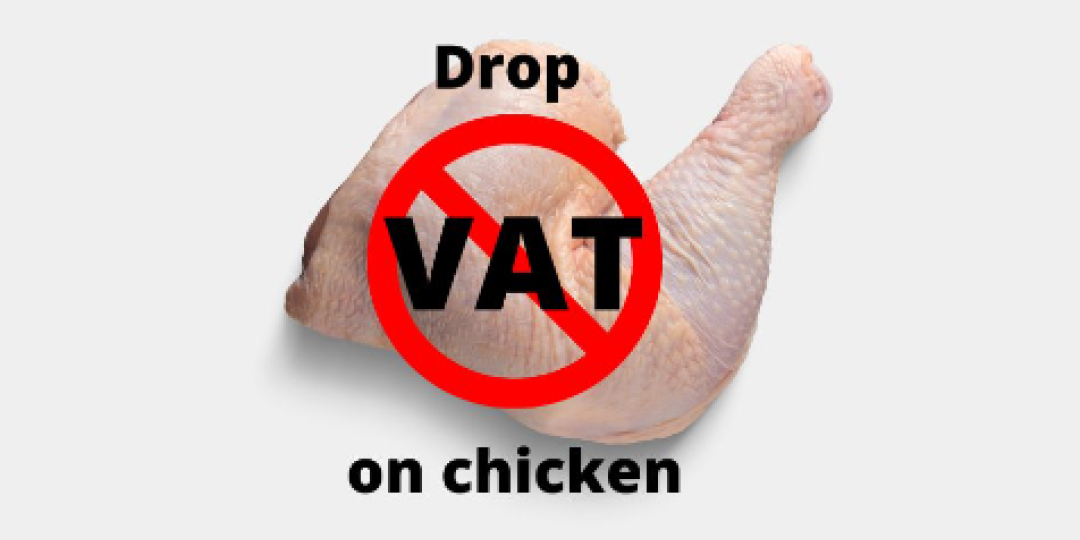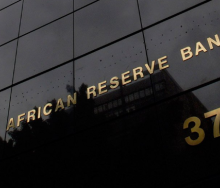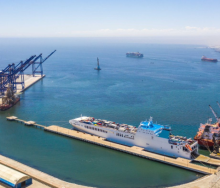The FairPlay Movement has reiterated that removing the 15% value added tax from chicken would make it more affordable for poor people in South Africa – directly and through the economies of scale created by an expanded poultry industry.
In a media statement, the anti-dumping lobby group said the poultry industry’s reasoning had been explained by Izaak Breitenbach of the SA Poultry Association at an online media event.
Breitenbach said VAT-free chicken was a priority for the poultry industry.
An application for chicken to be zero-rated for VAT would probably be submitted in November, following the announcement by President Cyril Ramaphosa that the government intended to increase the essential food items that were exempt from VAT.
“The benefit of VAT-free chicken is enormous. It can result in the price of chicken reducing by almost 15%,” Breitenbach said.
“We would expect a material increase in the consumption of chicken, and people that are malnourished will have access to chicken products that they couldn't afford in the past.”
He estimated that the poultry industry could expand by 10% to meet the increased demand for chicken.
This would help the industry to achieve the economies of scale it needed, and this, in turn, would enable producers to keep the price of chicken down.
“We've been producing cheap chicken for the masses for many, many years. And we are working really hard at creating the environment in which producers can deliver on that promise.”
Breitenbach pointed out that chicken prices had come down by 8% year-on-year following material reductions in input costs.
He said the industry had not yet finalised the chicken products for which it would seek VAT exemption, but it would probably be offal products such as chicken livers and necks, as well as all frozen chicken. Those were the products bought by low-income households, he said.
When VAT exemption was previously considered in 2018, the industry had proposed the zero-rating of offal and of the popular packs of individually quick frozen (IQF) chicken pieces. This definition “didn’t sit well” with the government because it was viewed as open to abuse.
While the lost tax revenue would have “a substantial impact on the fiscus”, the numerous anti-dumping duties on chicken imports approved since 2018 were providing revenue which would help make up the difference, Breitenbach said.
There would also be tax benefits to the fiscus from expanded production and sales in the poultry industry.
Reaction from The Association of Meat Importers and Exporters, advocating for cheaper chicken imports, particularly from countries like Brazil, is expected in due course.













